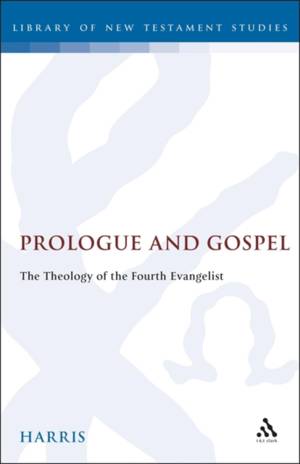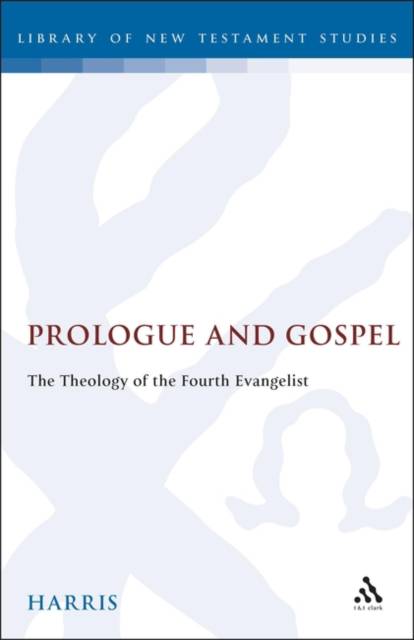
Bedankt voor het vertrouwen het afgelopen jaar! Om jou te bedanken bieden we GRATIS verzending (in België) aan op alles gedurende de hele maand januari.
- Afhalen na 1 uur in een winkel met voorraad
- In januari gratis thuislevering in België
- Ruim aanbod met 7 miljoen producten
Bedankt voor het vertrouwen het afgelopen jaar! Om jou te bedanken bieden we GRATIS verzending (in België) aan op alles gedurende de hele maand januari.
- Afhalen na 1 uur in een winkel met voorraad
- In januari gratis thuislevering in België
- Ruim aanbod met 7 miljoen producten
Zoeken
€ 162,45
+ 324 punten
Uitvoering
Omschrijving
This book demonstrates that a type of prologue found in ancient Greek literature could be the literary convention behind John 1.1-18. The structure and content of the Johannine prologue determine the structure and content of the whole Gospel. It provides the reader with seminal statements about the cosmic situation and God's plan for mankind, statements which are explicated thereafter. This function of the prologue is explored through the three historical personages mentioned in that largely metaphysical construction about the Logos: John, Moses and Jesus Christ. The person and mission of Jesus Christ, cryptically stated in the prologue, are explicated through three christological expressions: 'the Son of Man', 'I am', and 'the Son (of God)'. These require the Logos-creator conception in the background to give them theological coherence.
Specificaties
Betrokkenen
- Auteur(s):
- Uitgeverij:
Inhoud
- Aantal bladzijden:
- 224
- Taal:
- Engels
- Reeks:
- Reeksnummer:
- nr. 107
Eigenschappen
- Productcode (EAN):
- 9781850755043
- Verschijningsdatum:
- 1/10/1994
- Uitvoering:
- Hardcover
- Formaat:
- Genaaid
- Afmetingen:
- 140 mm x 216 mm
- Gewicht:
- 430 g

Alleen bij Standaard Boekhandel
+ 324 punten op je klantenkaart van Standaard Boekhandel
Beoordelingen
We publiceren alleen reviews die voldoen aan de voorwaarden voor reviews. Bekijk onze voorwaarden voor reviews.









